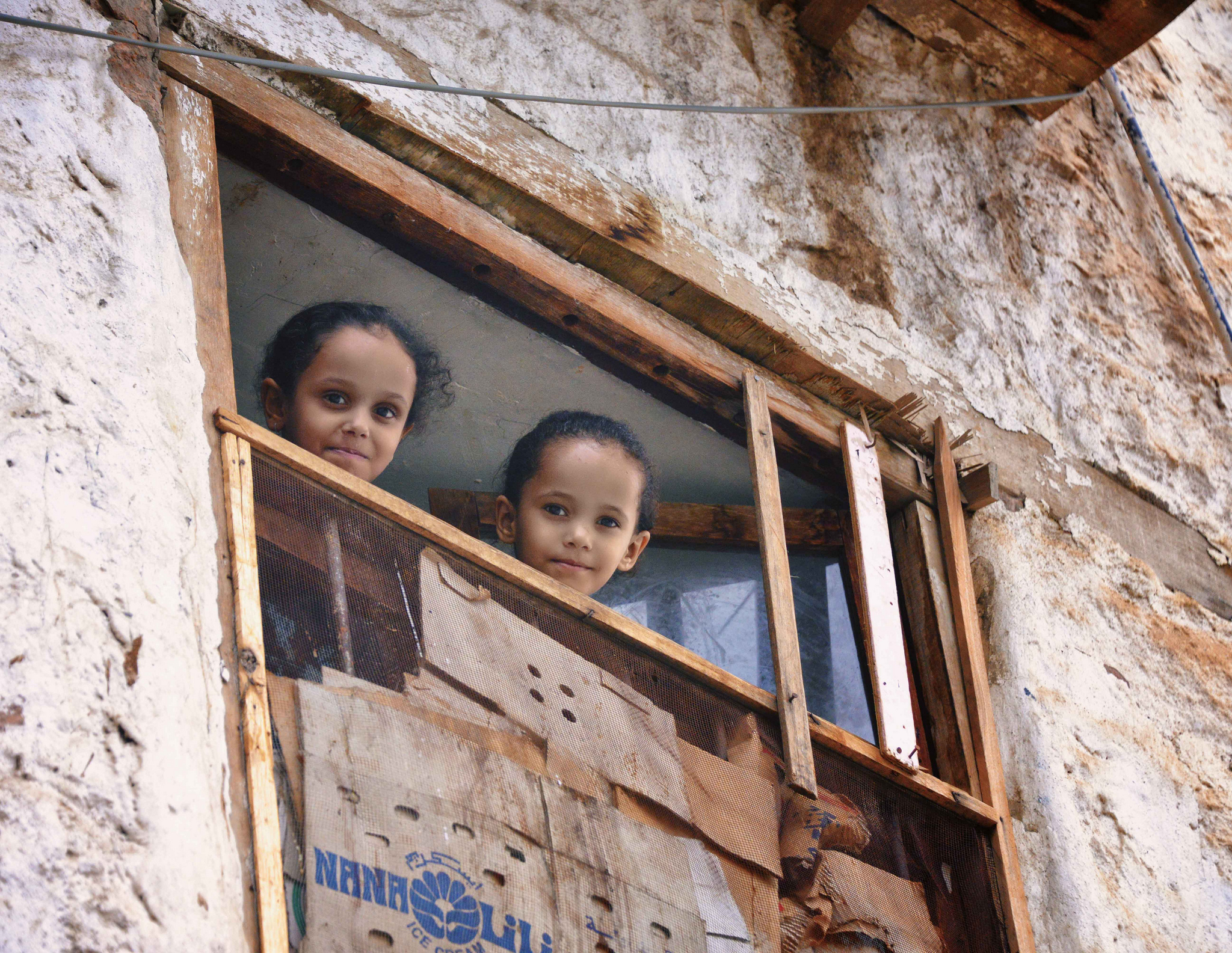Fighting in Yemen is back in full-scale after UN peace talks broke down last week. “We should be clear that this is very one-sided fighting,” Phyllis Bennis told the Real News Network.
Saudi Arabia is moving against the Houthis who have loose ties to Iran, the regime’s competition for hegemony in the region, Bennis explained. But it’s not Saudi or Iranian leaders who are paying the price, Bennis said, “It’s ordinary Yemenis—a huge percentage have been children.”
Sixty percent of those children have been killed by Saudis, Bennis said, “that’s using our weapons, our planes, our bombs.”
That’s why Bennis said she doesn’t find it surprising that more than 80 percent of Yemenis see the United States as an enemy. Yet, the U.S. continues to provide arms to the Saudi regime, the latest deal worth $1.15 billion.
“The Saudis are by far the largest purchasers of weapons from the United States’ arms industry,” Bennis said. And ever since the Iran nuclear deal, the Obama administration “has been very concerned about making sure the Saudi authorities are pacified.”
When asked if she thinks the United States has chosen to stay silent about Saudi Arabia’s human rights violations because it could be keeping Al-Qaeda at bay, Bennis said “They’re going after hospitals, markets, schools. They’re not going after Al-Qaeda.”
